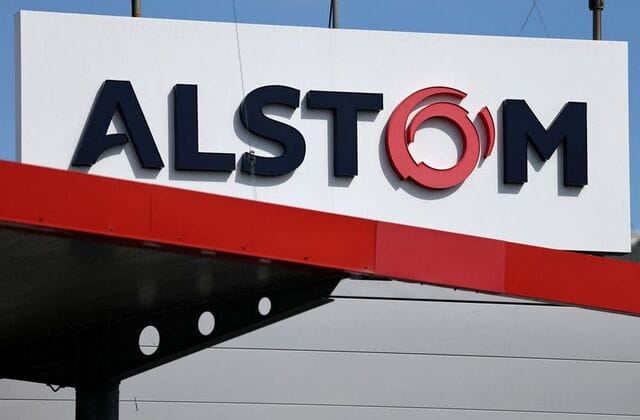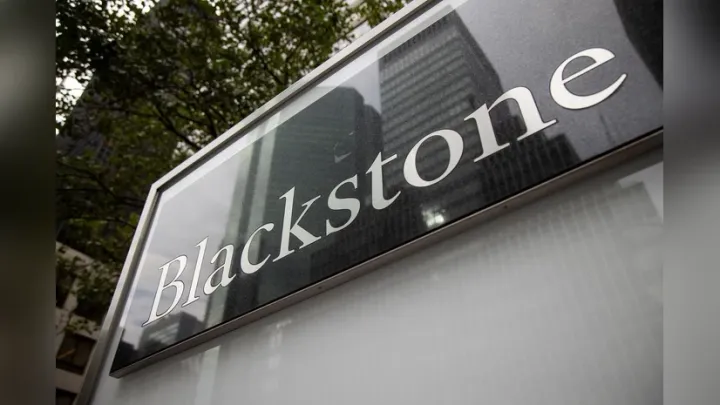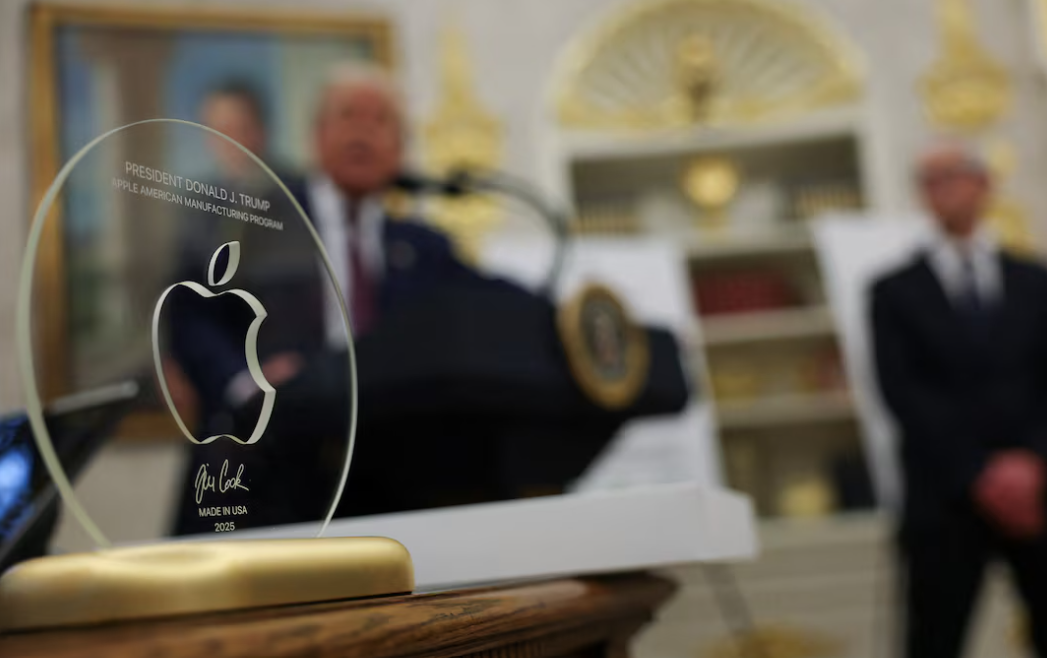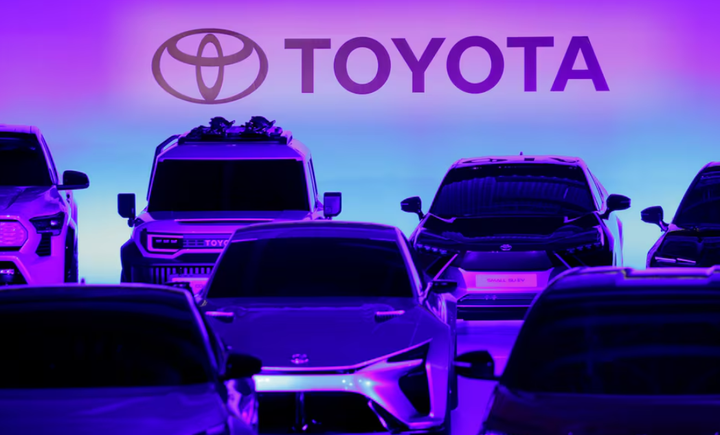Alstom Clinches €2 Billion Contract with New York MTA to Modernize Subway Fleet
Alstom wins €2 billion deal to supply 1,600+ modern subway cars to New York MTA, boosting US rail jobs and updating NYC’s aging transit system.

French train maker Alstom wins major €2 billion deal to supply over 1,600 new subway cars to New York City’s Metropolitan Transportation Authority, strengthening its footprint in the U.S. rail market.
Alstom, the French rail transport giant, has secured a €2 billion ($2.16 billion) contract with the New York Metropolitan Transportation Authority (MTA) to manufacture over 1,600 new subway cars, the company announced on Thursday. The landmark agreement underscores Alstom’s growing influence in the U.S. rail sector and marks a significant investment in modernizing New York City’s aging transit infrastructure.
Alstom-MTA Deal: Details and Significance
A record-setting rail order
Alstom’s latest deal with the MTA is one of the largest rolling stock contracts in North America this year. Under the agreement, Alstom will produce 1,646 new subway cars specifically designed to meet the needs of New York City’s complex urban transit system. Delivery of the new fleet is expected to begin in 2027, with an option for more cars in the future.
“This contract represents a major step forward for New York’s subway system and for Alstom’s North American operations,” said Henri Poupart-Lafarge, Chairman & CEO of Alstom, in a statement released Thursday. “We are proud to supply the next generation of subway vehicles that will help transform mobility for millions of New Yorkers.”
Key components of the contract
Scope: More than 1,600 state-of-the-art subway cars
Value: €2 billion (approx. $2.16 billion)
Timeline: First deliveries in 2027
Manufacturing: Majority of production to take place at Alstom’s U.S. factories, particularly in Hornell, NY
Features: Enhanced accessibility, advanced passenger information systems, energy-efficient performance, and improved security features
Impact on New York City’s Transit System
Modernizing aging infrastructure
The MTA, which operates North America's largest network of subways, buses, and commuter trains, is under mounting pressure to update its aging rolling stock. Many of New York's subway cars date back several decades, resulting in frequent breakdowns, service delays, and increased maintenance costs. Modernizing the fleet is seen as a critical step toward improving rider experience and boosting reliability.
Richard Davey, President of New York City Transit, highlighted the project’s broader impact: “Replacing our oldest subway cars is an essential building block for a more reliable and comfortable subway system. Passengers will benefit from greater accessibility, better digital information, and a smoother ride.”
Boost to U.S. manufacturing and jobs
A substantial portion of the project will involve manufacturing at Alstom’s facility in Hornell, New York, supporting hundreds of local jobs and reinforcing Alstom’s presence in the American rail industry. The contract also aligns with federal ‘Buy America’ requirements, ensuring a significant percentage of materials and labor are sourced domestically.
Global Ambitions and Competitive Landscape
Alstom’s growing U.S. footprint
Alstom—the world’s second-largest train maker—has significantly expanded its presence in North America, especially after acquiring Bombardier’s rail segment in 2021. Previous contracts with the MTA include the supply of R179 and R211 subway cars, both considered successful by transit authorities.
Competitive tenders and industry trends
Alstom’s win comes amid fierce competition from other global transit manufacturers, including Siemens Mobility and CRRC. The company’s ability to secure this high-value U.S. contract further consolidates its market leadership and demonstrates confidence in its technological capabilities and project delivery track record.
Transit experts weigh in
Public transit experts have praised the MTA’s focus on modernization. “This investment is critical not just for New York, but as a model for how major U.S. cities can upgrade their transit systems after decades of underfunding,” said Dr. Rachel Weinberg, a transit policy analyst at NYU’s Rudin Center for Transportation.
Challenges and Outlook
Potential hurdles
While the deal was welcomed as a significant leap forward, experts caution that timeline slippages and cost overruns remain possible risks for such large infrastructure projects. Additionally, the MTA faces ongoing budget pressures from reduced ridership and fare revenues.
Despite these challenges, the Alstom contract is widely seen as a catalyst for broader renewal within the MTA system. “This is a strong signal of New York’s commitment to world-class public transit,” said MTA Chair Janno Lieber in a statement. “We look forward to introducing these trains and enhancing service for our customers.”
The €2 billion agreement between Alstom and the New York MTA marks a milestone in public transit investment, promising transformative upgrades for the city’s iconic subway system. With new, modern subway cars set to arrive by 2027, New Yorkers can anticipate a more reliable, accessible, and rider-friendly experience—while the deal also provides a boost to U.S. rail manufacturing and serves as a blueprint for transit modernization nationwide.
Sources Used:
Reuters: Alstom wins €2 billion deal with NY MTA
Metropolitan Transportation Authority (MTA) Press Releases
Alstom Official Statements
Federal Transit Administration (FTA)
NYU Rudin Center for Transportation Policy & Management
Trade press (Railway Gazette, Progressive Railroading)
Internal Linking Opportunities (for publication):
MTA infrastructure project updates
Analysis of the 2021 Alstom-Bombardier merger
Opinion: The future of public transit in U.S. cities



